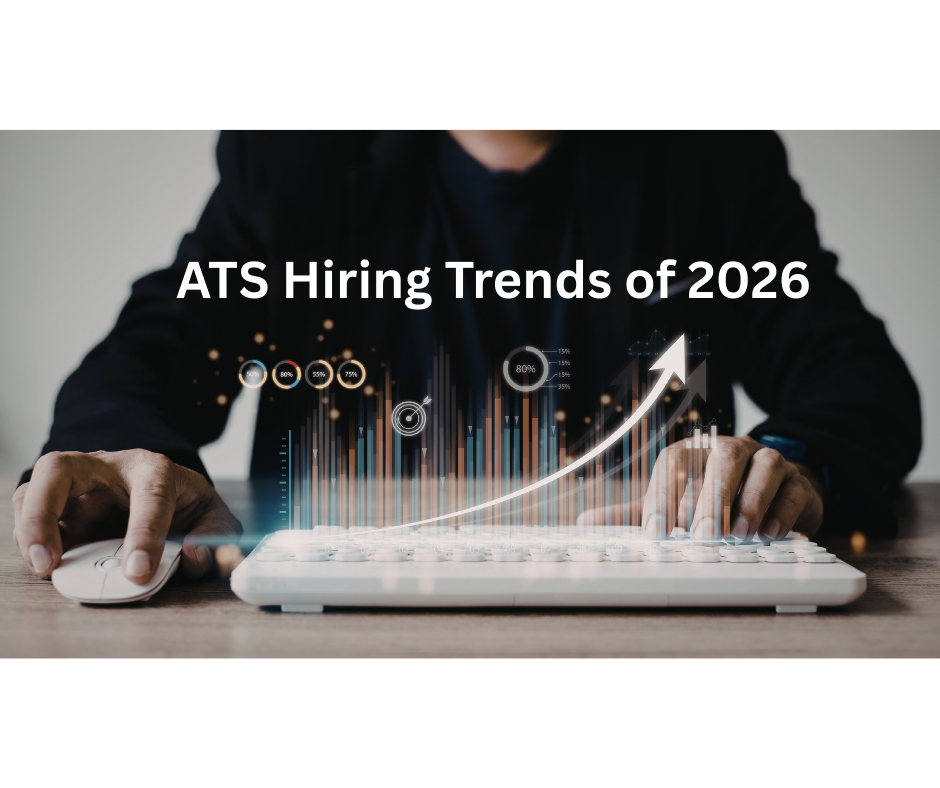When evaluating a new SaaS (Software as a Service) solution, it’s easy to get caught up in features, user interfaces, and integrations. But before you sign any agreement or begin onboarding your team, there’s one critical question you should ask upfront:
“If we decide to leave, can we take our data with us?”
This single question cuts to the heart of data portability — a fundamental aspect of SaaS partnerships that is often overlooked until it’s too late. Understanding where your data lives, how accessible it is, and what happens to it when the relationship ends is essential for long-term flexibility and risk management.
Why This Question Matters
Asking about data portability isn’t about planning for failure — it’s about ensuring that you maintain control over your information. Here’s why it’s so important:
✅ Ownership
Clarify from the start: Who owns the data — you or the provider? The answer should always be you. Your business data is a core asset, and you should never be in a position where you have to negotiate to retrieve what is rightfully yours.
🚪 Exit Strategy
Not every SaaS solution will scale with your needs forever. If the platform becomes too limited, too costly, or simply no longer a fit, you need a clear exit strategy. Without the ability to easily extract your data, you risk being locked into a system that’s holding you back.
⚖️ Compliance
For industries subject to regulations (like healthcare, finance, or education), data portability isn’t just a best practice — it may be a legal requirement. Being able to export and retain records in specific formats is crucial for meeting regulatory standards and avoiding penalties.
What to Look For in the Answer
Once you ask about data portability, dig deeper. A simple “yes” isn’t enough. Here’s what a comprehensive, trustworthy answer should include:
📁 Export Formats
Can the provider deliver your data in open, standardized formats like CSV, JSON, or XML? These formats make it easier to migrate data to a new system or store it securely for compliance.
🔌 API Access
Does the platform offer robust APIs for programmatically accessing your data? API access gives your team more flexibility and automation options when it’s time to move or analyze data externally.
💸 Cost Transparency
Will you be charged to access or export your own data at the end of your contract? If so, how much? Hidden fees around data retrieval are a red flag and should be clarified in the contract.
🤝 Migration Support
Is there any assistance provided to help you extract and migrate your data? While not always necessary, provider support during offboarding can reduce downtime and prevent data loss.
What Would Bradford Do?

If a SaaS provider can’t give you a clear, detailed answer about data portability, consider it a red flag. This isn’t a nice-to-have feature — it’s a must. Vendor lock-in is a real risk, and the ability to move your data on your terms is essential to maintaining control, ensuring compliance, and protecting your organization’s long-term agility.
So before you commit to any new platform, remember: ask the hard questions now, and save yourself a lot of headaches later.




